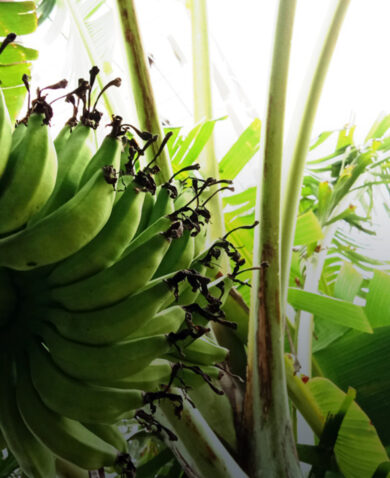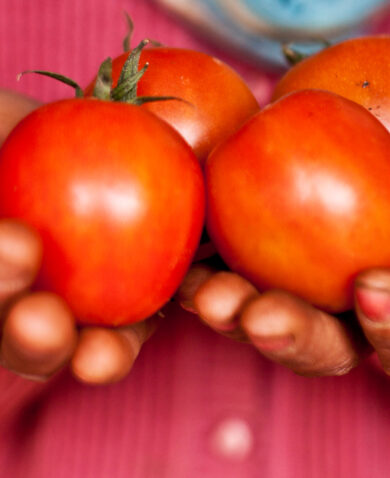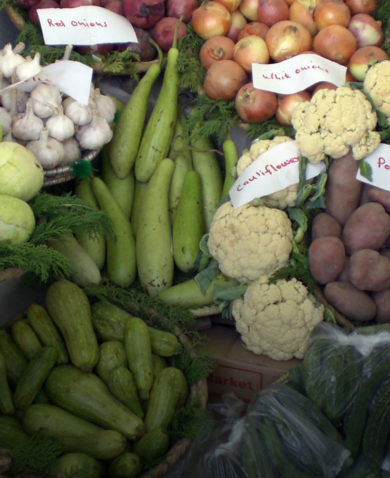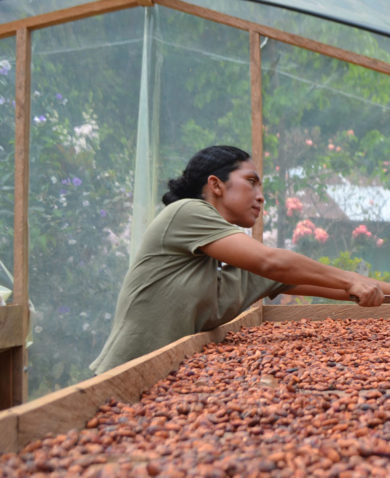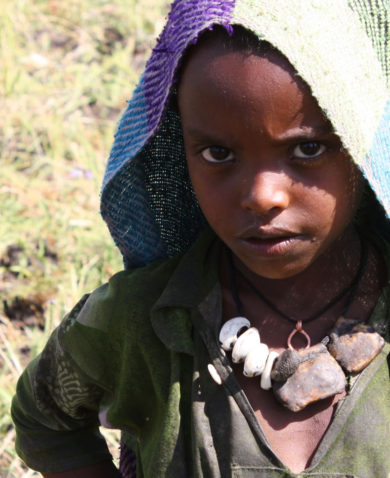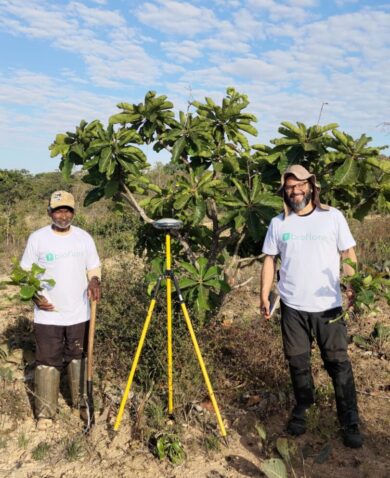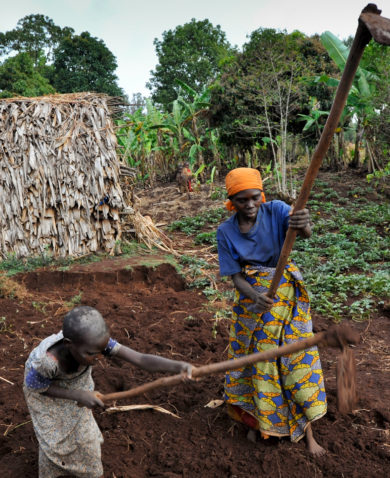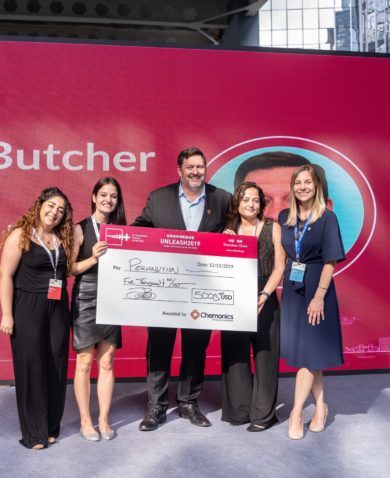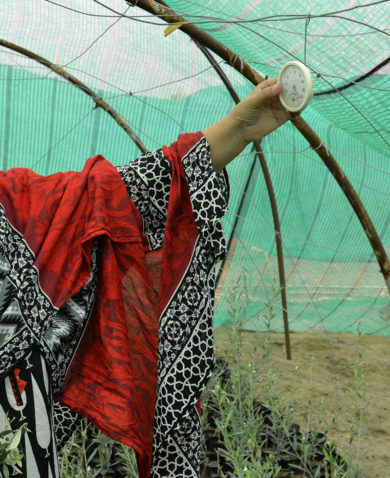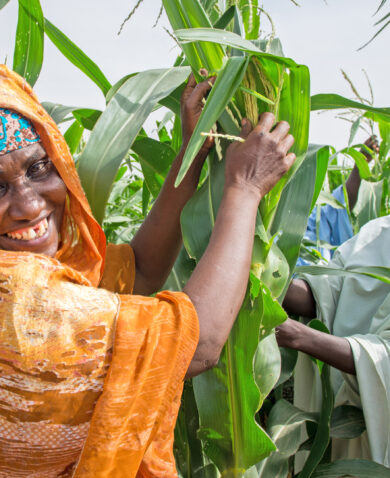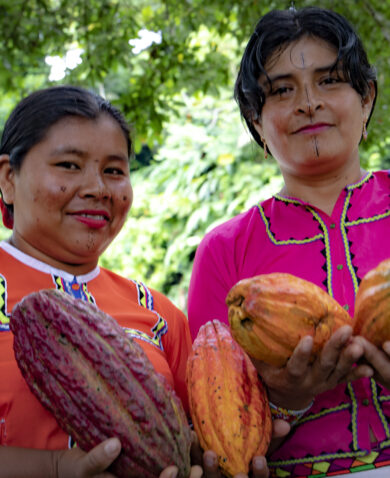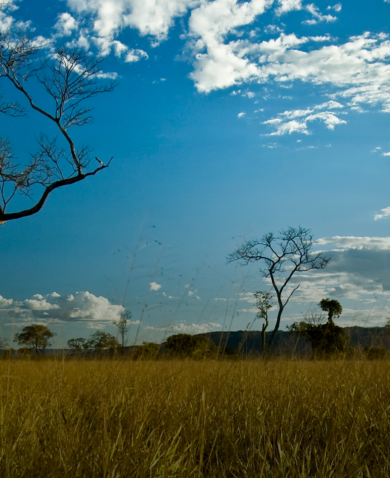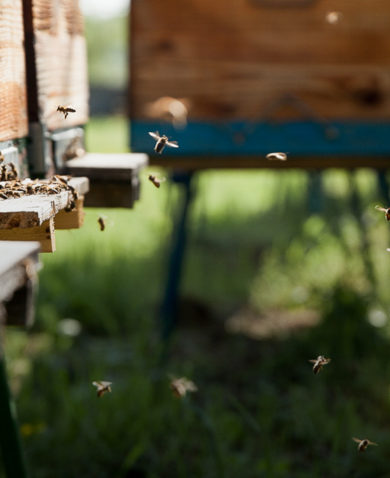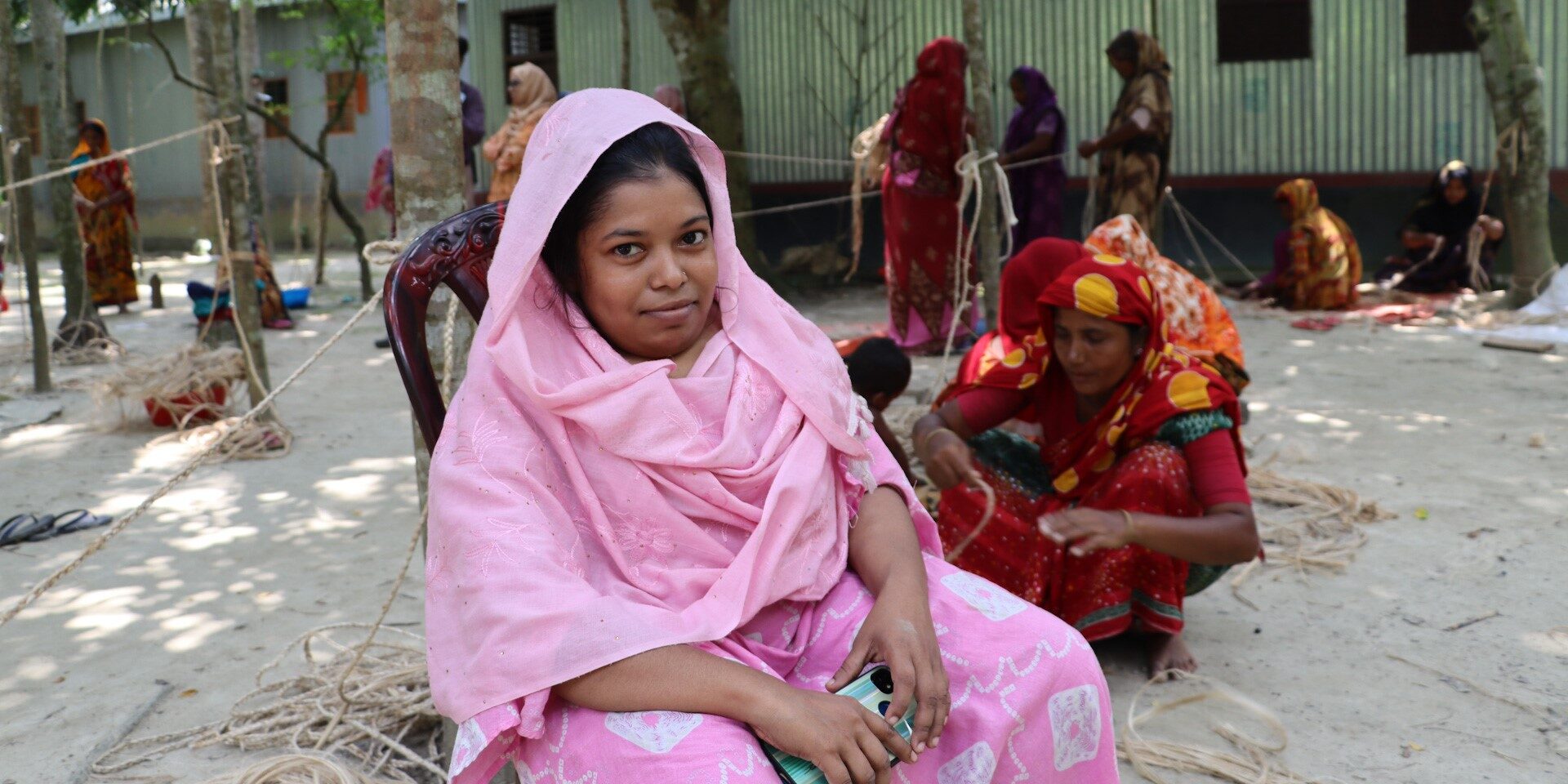
The Future of Bangladesh is Female .
June 2, 2023For women like Subarna, Esrat, Rojoni, Mecho, and thousands of others, life in Bangladesh is very different these days.
With the support of the USAID-funded Feed the Future Bangladesh Horticulture, Fruits, and Non-food Crops Activity, close to 3,000 women have found meaningful work in a country where 20 years ago only 28% of women aged 15 and over participated in the labor force. By 2021, that number had risen to approximately 37 percent, a significantly higher rate of participation by women than in neighboring countries like India and Nepal, but there is still room for improvement.
Women’s participation in the workforce has often been limited to low-paying sectors. Even those who work in the lucrative ready-made garment sector have typically been confined to the lowest pay grades. This is why the Activity’s support for female entrepreneurs to grow their own businesses, improve their earning potential, and become change agents who strengthen the female entrepreneurial ecosystem in Bangladesh is so critical. In addition, the Activity supports agribusinesses to increase their productivity and meet domestic and international market requirements, while working to strengthen the enabling environment in which businesses operate, while also promoting the production of “non-traditional” crops like cashew nuts and coffee.
Embracing the Spirit of Entrepreneurship
Support for female entrepreneurs is essential and also helps to create a strong culture of women supporting women, through increased employment opportunities in women-led businesses. Subarna Khatun, who started her own business with limited investment, received training in business skills from one of the Activity’s private sector partners, Golden Jute Product. As a result, she now employs 84 female artisans to produce jute braids, baskets, mats, and other products, and has plans to expand her product line. This has significantly increased the formal employment of women in Subarna’s village as well has boosting economic activities there.
Esrat Jahan Chowdhury’s story also illustrates Bangladeshi women’s strong entrepreneurial spirit, and their desire to use their positions to empower even more women. In 2017, she founded Tulika Eco Limited to export sustainable, eco-friendly Bangladeshi craft products to the world while also creating opportunities for rural women to work from home. Esrat, and the women who work for her, create an array of beautiful, handcrafted products, including a wide range of bags and home décor items, from jute. This natural fiber lends itself well to the manufacture of sustainable goods. Bangladesh is the second largest producer of jute in the world, providing excellent opportunities for women like Esrat to get involved in manufacturing products, which are seeing increasing demand in the international market. In February 2023, the Activity, along with Canada’s Trade Facilitation Office and the Small and Medium Enterprise Foundation in Bangladesh, supported 14 companies – 11 of them led by women entrepreneurs – to attend the NY NOW Winter Show in New York, which provided an international platform for showcasing Bangladeshi products. Tulika Eco was one of those companies, and Esrat’s efforts were richly rewarded when she won the Best New Product award in the Artisan Resource category. While winning awards is wonderful recognition, it goes beyond mere accolades. This opportunity – facilitated by the Activity – enabled Esrat and the other entrepreneurs who attended the show to attract new buyers and expand their businesses in the export market. In turn, this increase in exports will generate more employment opportunities for local artisans, particularly women, and enhance the country’s overall economic growth.
Partnerships Change the Game for Women in Agribusiness
Engaging the private sector and financial providers to increase the opportunities available to women working in the agricultural sector in Bangladesh has also proved essential to success. In 2022, 160 women gained access to finance; 1,250 women were newly employed; and over 4,000 women received training on a variety of topics, including the use of finance apps, climate-smart technologies, and production and farming techniques, all thanks to the Activity’s partnerships with the private sector and financial providers.
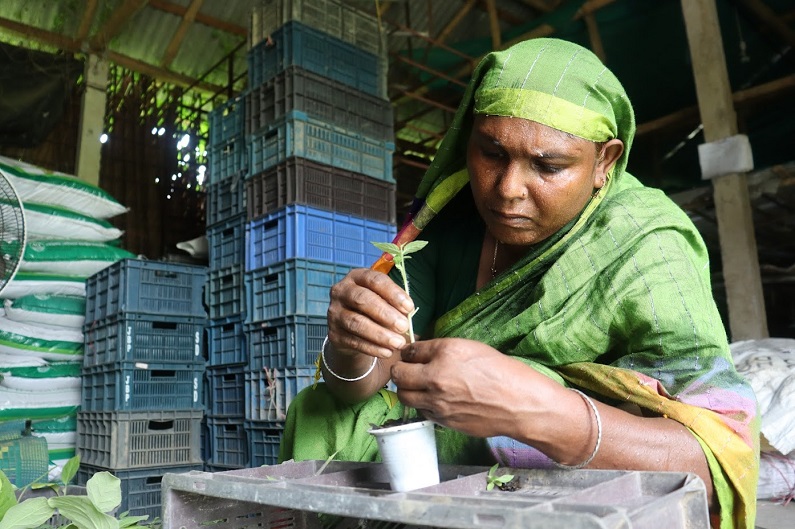
Rojoni Khatun and Mecho Marma are two of the many women who have benefitted from these partnerships. Rojoni’s life changed when she became a full-time employee of Maxim Agro, producing grafted summer tomato plants and vegetable seedlings in a controlled environment. For her part, Mecho had long wanted to modernize her approach to cashew nut farming, but she did not have the necessary training or information on how to do this. The situation changed when Kishanghor Agro, a private business working in partnership with the Activity, stepped in and provided training on improved orchard farming, harvest and post-harvest practices, and climate-smart agricultural techniques to 557 indigenous cashew nut farmers in the Bandarban district. “The training sessions gave me new hope. I already see some improvements in the quality of the nuts,” said Mecho. She adds that it has also improved her quality of life, as she now knows how to use gloves while picking the nuts, protecting her hands from being damaged by the acidic reaction that may occur.
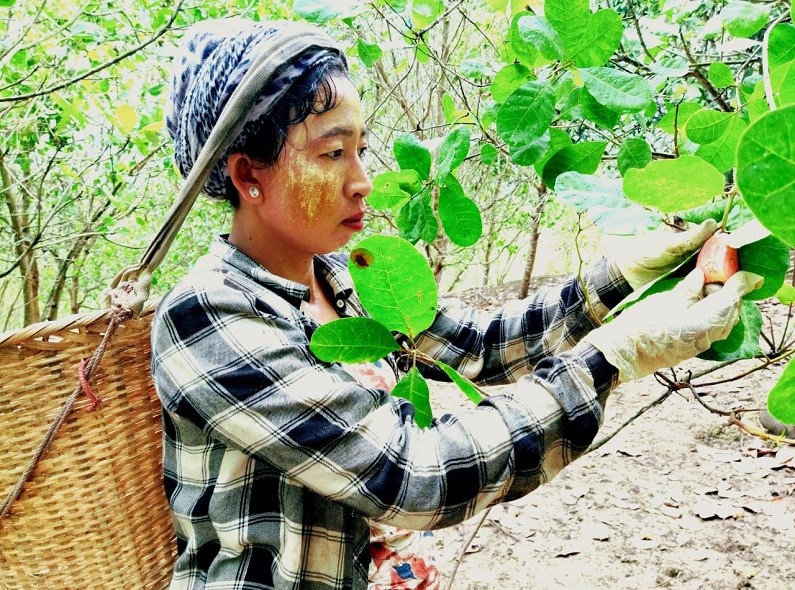
Achieving gender equality and empowering all women and girls is identified as one of the Sustainable Development Goals. Yet a great deal more needs to be done worldwide if we wish to achieve this goal by 2030, making the Activity’s work to empower women and girls even more important. The importance of women’s participation in the global economy cannot be minimized. In fact, a study by McKinsey found that if women were able to participate as fully as men do, this would add $28 trillion to annual global GDP by 2025 when compared to the current status quo. While the Activity has already achieved much, there are no signs of slowing down. Exciting plans are afoot to expand women’s representation in other sectors, such as the coconut value chain, and all of this work can be accelerated by challenging perceptions around women in the workforce and encouraging the acceptance of women as farmers and entrepreneurs. The Activity places women’s empowerment at the forefront of thinking about economic growth in Bangladesh, and the future is bright indeed.
Banner image caption: Subarna Khatun sitting among her artisans. The photo was taken by Samiul Ahsan of the USAID Feed the Future Bangladesh Horticulture, Fruits, and Non-food Crops Activity.











